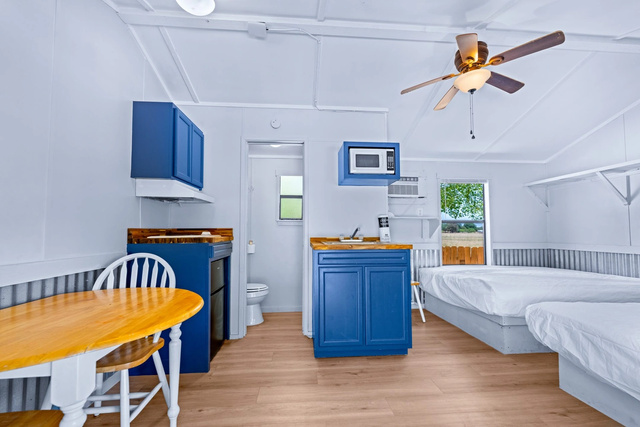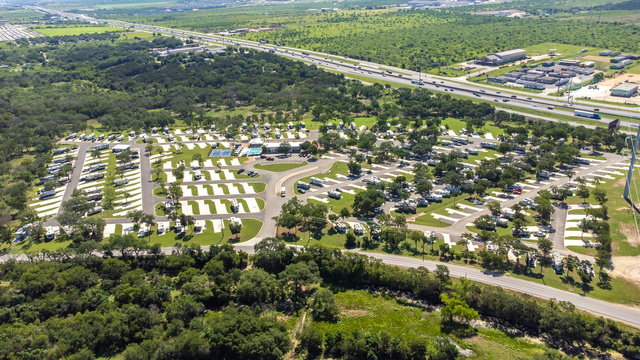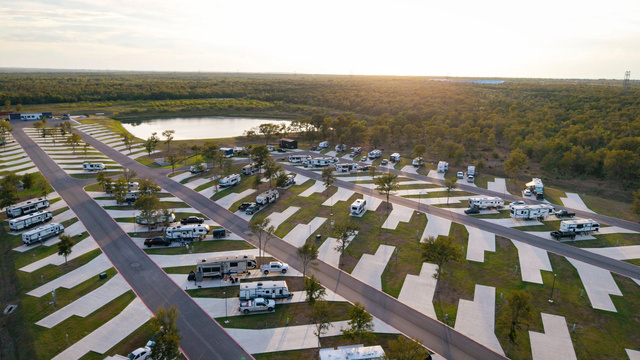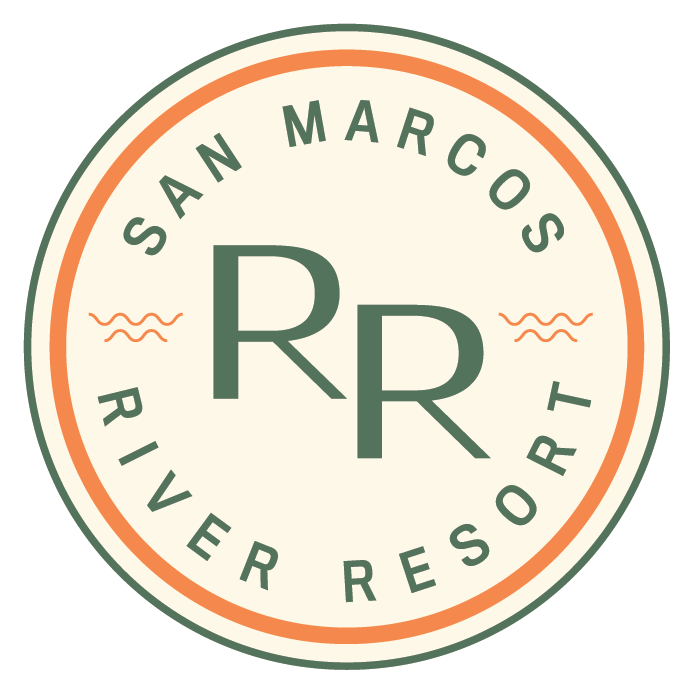
If you’ve ever dreamt of swapping your stationary life for the freedom of the road, you’re not alone. Many are trading in their traditional homes for a life on wheels, living full-time in recreational vehicles. However, it’s essential to understand the financial implications before embarking on this lifestyle shift. This blog aims to shed light on the typical full-time RV expenses you can expect and how to manage them efficiently.
What is Included in a Full-Time RV Budget?
In a full-time RV budget, several costs are typically accounted for. These include, but are not limited to, the cost of the RV itself (either your monthly payment if financed, or the depreciation if you bought it outright), insurance, maintenance and repairs, campsite fees, fuel for driving, propane for heating and cooking, and utilities.
Other costs include lifestyle expenses like food, internet, entertainment, health insurance, and perhaps a storage unit for the belongings you leave behind.

How Much Would You Expect to Pay for Two People in a Year?
The annual cost of full-time RV living varies significantly based on factors like the type and condition of your RV, how much you travel, where you park, and your lifestyle choices. However, a reasonable range for two people might be somewhere between $20,000 and $30,000. Remember, this is just an estimate; your costs could be lower or higher.
Breaking Down the Full-Time RV Expenses
- RV Payment/Depreciation: If financed, your monthly RV payment would be a significant part of your budget. If you purchased your RV outright, factor in depreciation to account for its decreasing value over time.
- Insurance:RV insurance covers liability, collision, and comprehensive coverage. Rates vary based on the value and type of your RV, and your driving history.
- Maintenance and Repairs:Regular maintenance like oil changes, tire replacement, and unforeseen repairs can add up. An RV is essentially a home on wheels; hence it requires the upkeep of both.
- Campsite Fees:Depending on where you stay, campsite fees can range from free (boondocking or staying in a friend’s driveway) to over $100 per night in some luxury RV resorts.
- Fuel: The cost of fuel is a significant expense, varying based on how much you drive, the type of your RV, and current gas prices.
- Propane: Propane is used for heating, cooking, and sometimes running the refrigerator in an RV. The cost depends on usage and current propane prices.
- Utilities: Some campgrounds include utilities in their fees, but others may charge extra for electricity, water, and sewer hookups.
- Food: This expense is similar to living in a traditional home, but may increase if you eat out more often while traveling.
- Internet: Staying connected on the road can require a mobile hotspot and an unlimited data plan.
- Entertainment:Costs here include sightseeing, attractions, hobbies, and other forms of recreation.
- Health Insurance: Options for health insurance will vary greatly depending on personal circumstances and can be a significant expense.
- Storage Unit:If you keep a storage unit for belongings you didn’t bring on the road with you, this will also be a monthly cost.
- Misc. expenses such as road tolls, dump & fill station fees, cosmetic fixes, and having a savings fund for any unexpected bills that may come up are also important considerations.
Remember, these expenses can greatly vary based on personal preferences, lifestyle choices, and the type and condition of your RV.

Learning How to Trim Expenses Wherever Possible
If you’re considering a full-time RV lifestyle, it’s crucial to learn how to trim expenses wherever possible. Choose affordable campsites (like San Marcos River Resort) or boondocking to save on campsite fees. Implement energy-saving measures to cut down on utilities.
Plan your meals to reduce food waste. Opt for preventive maintenance to avoid expensive repairs later. And, perhaps most importantly, monitor your expenses regularly so you know where your money is going and can make necessary adjustments.
Living your life on the open road can be very rewarding. However, understanding and managing your full-time RV expenses can make this lifestyle sustainable in the long run.





